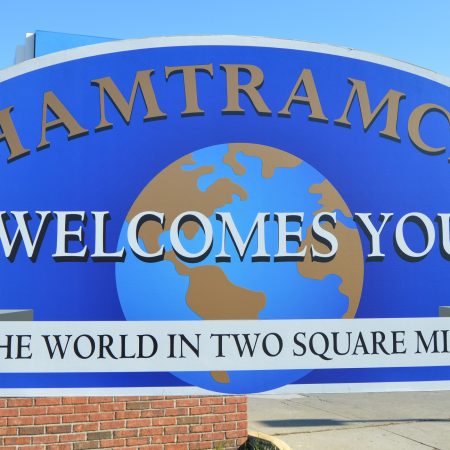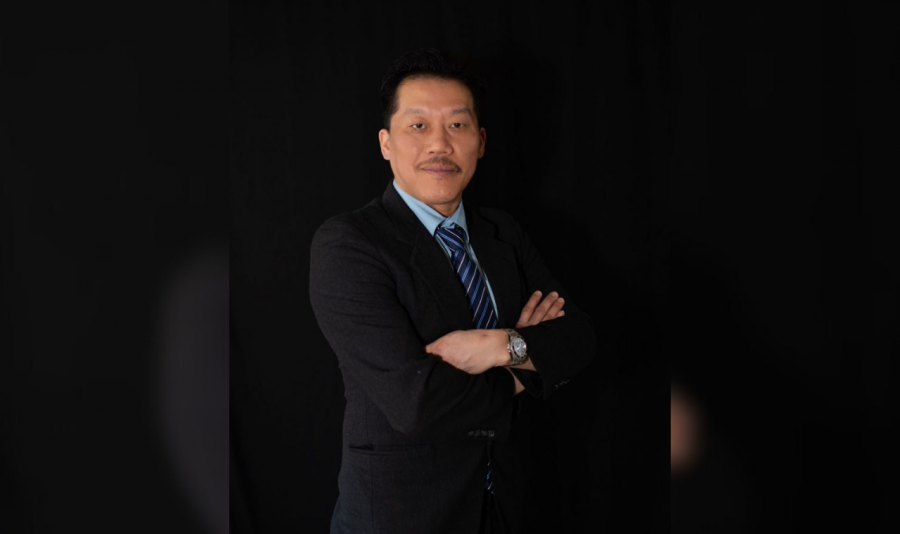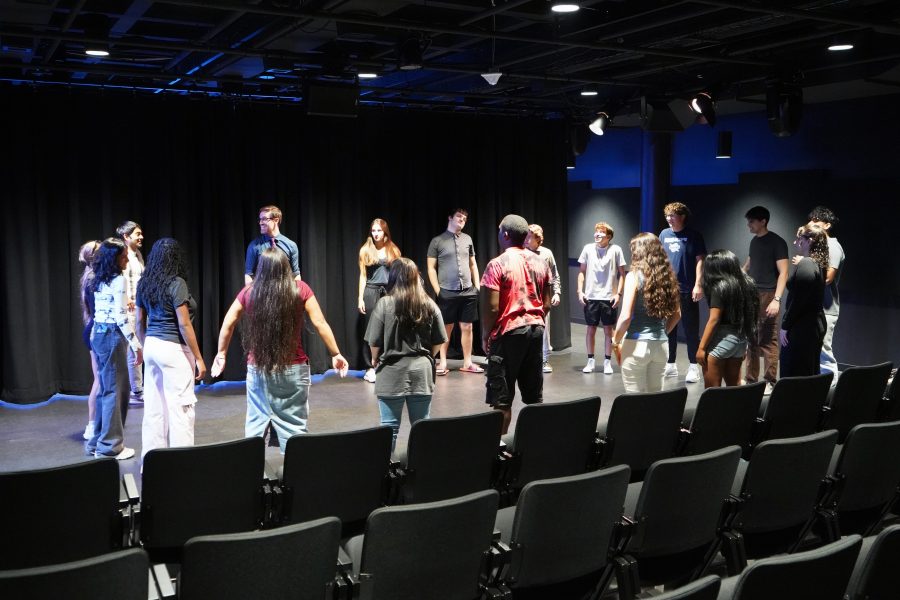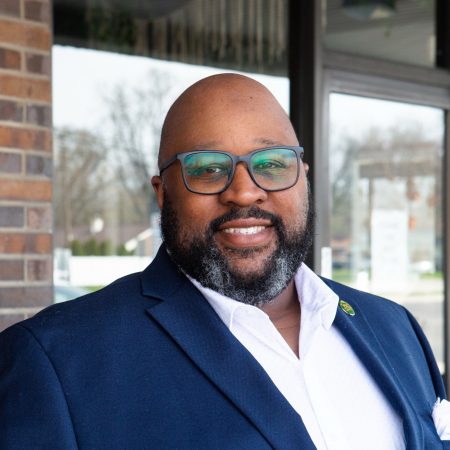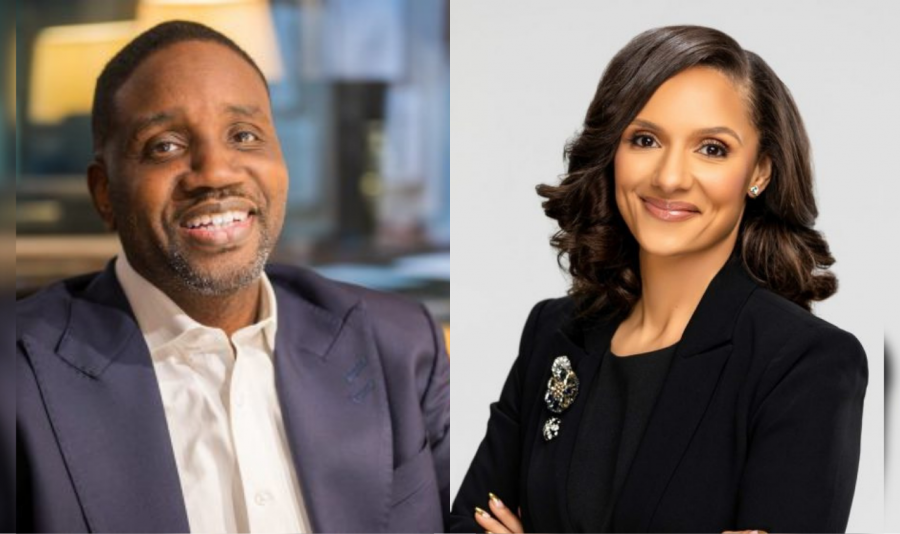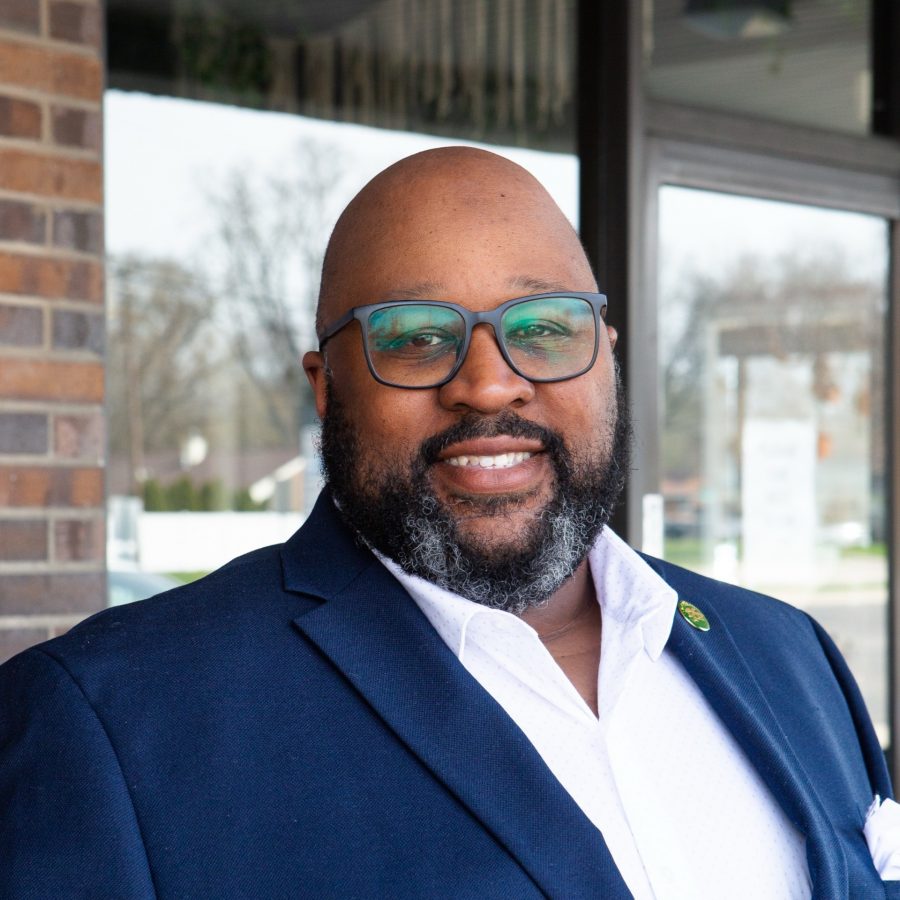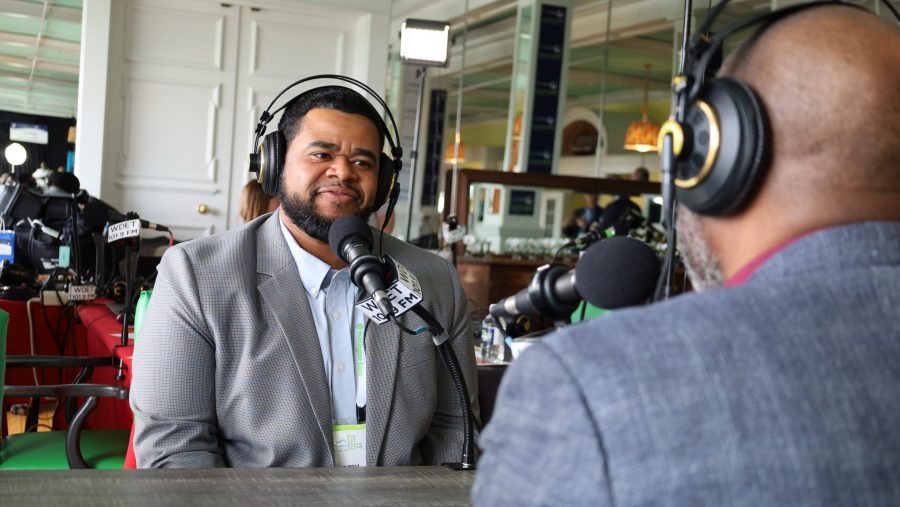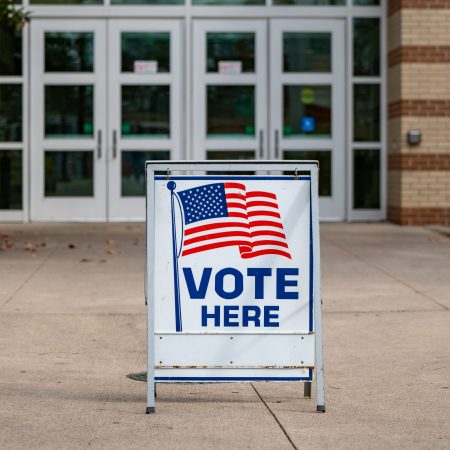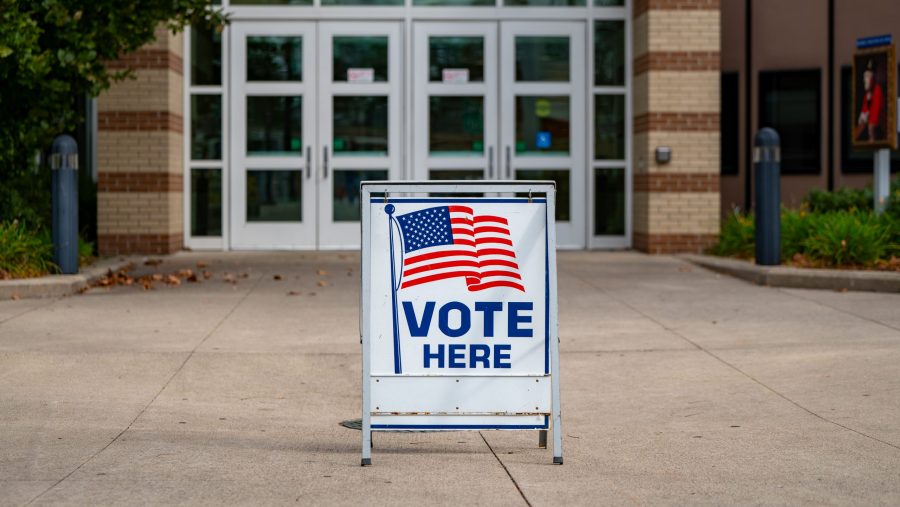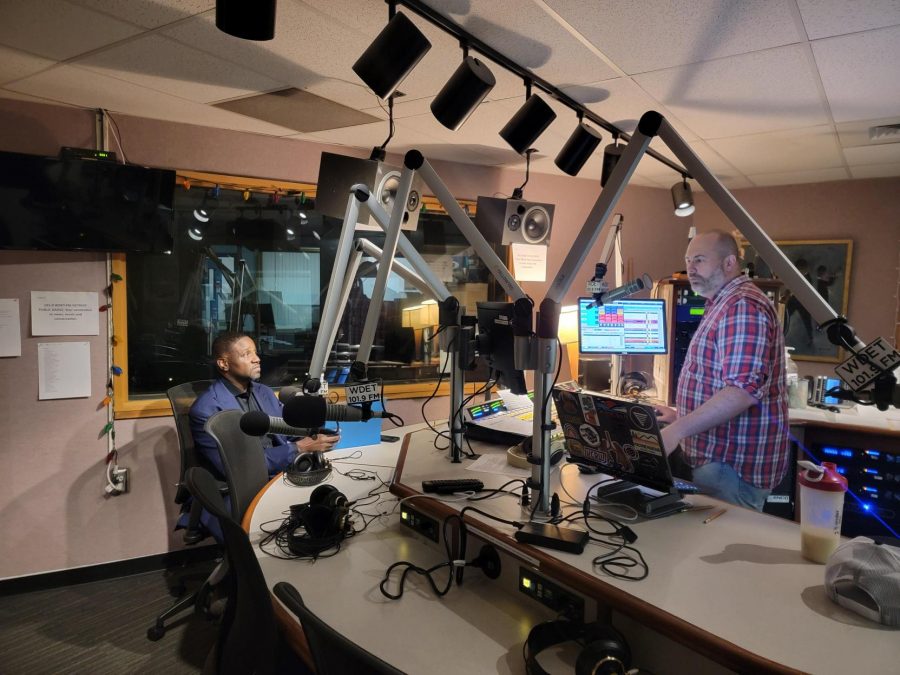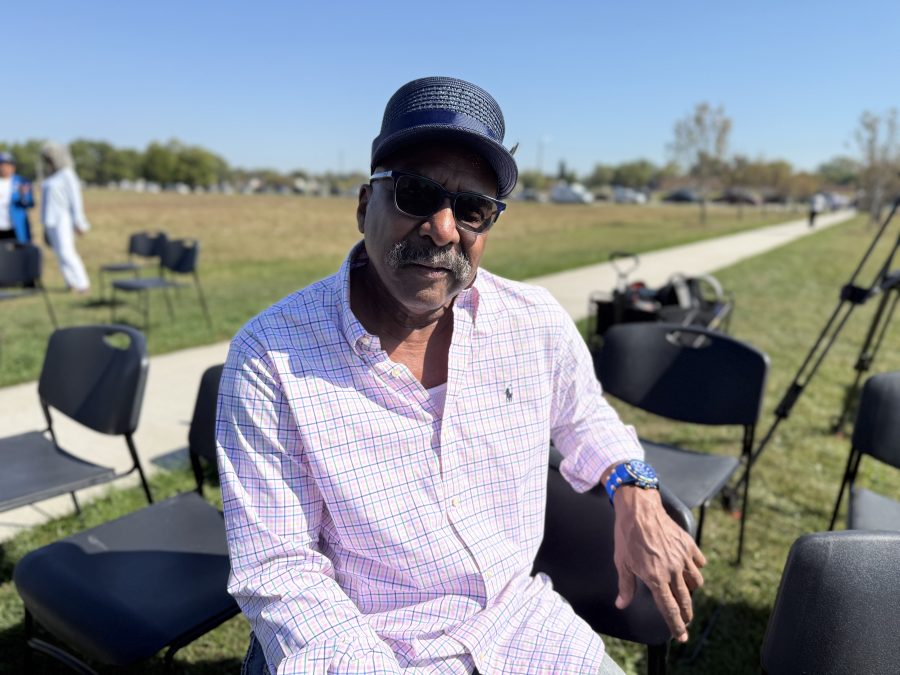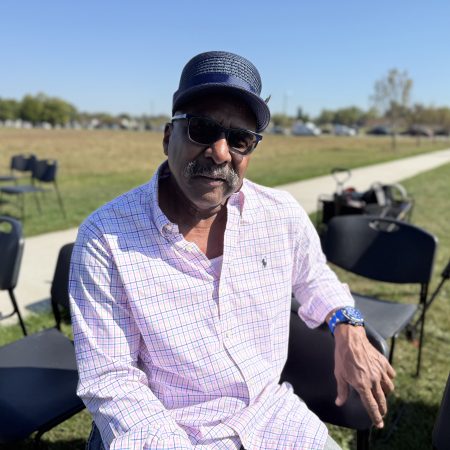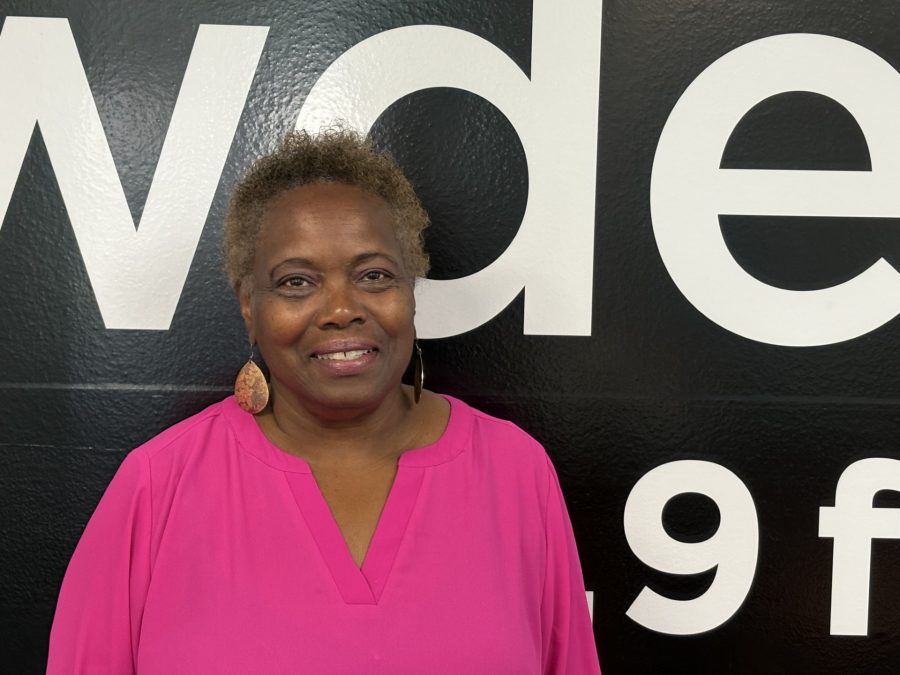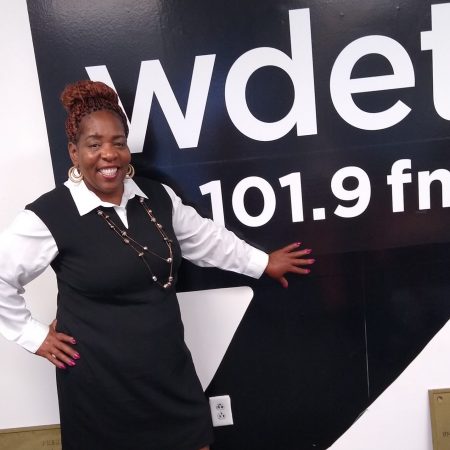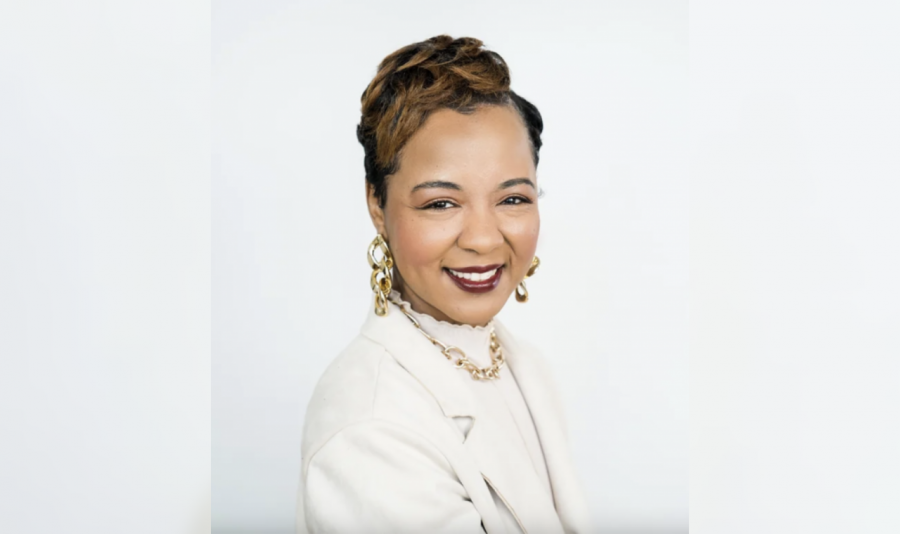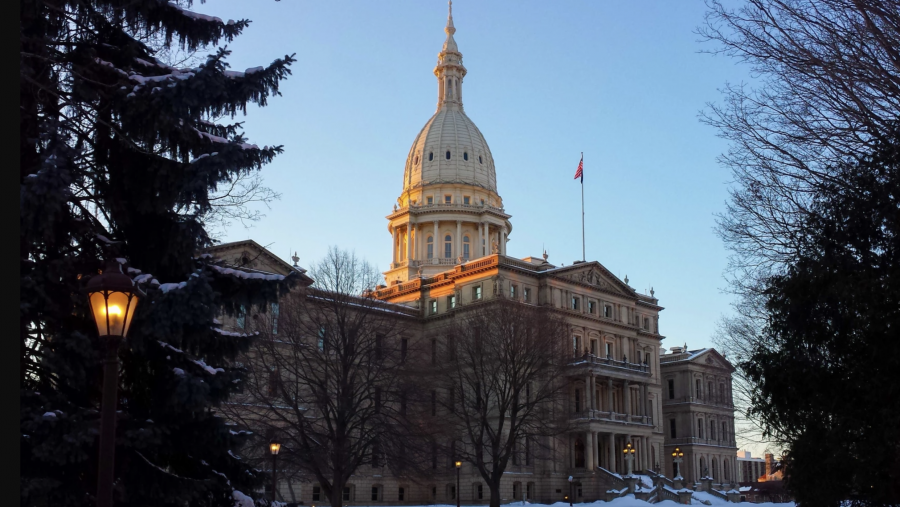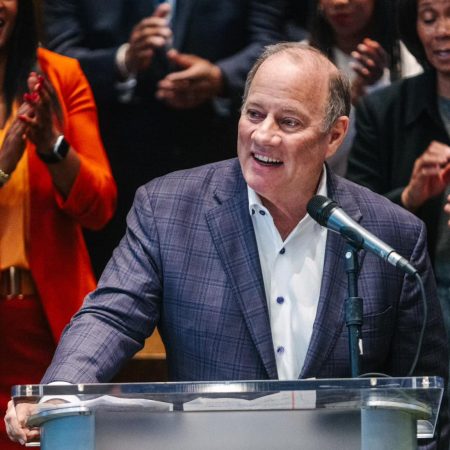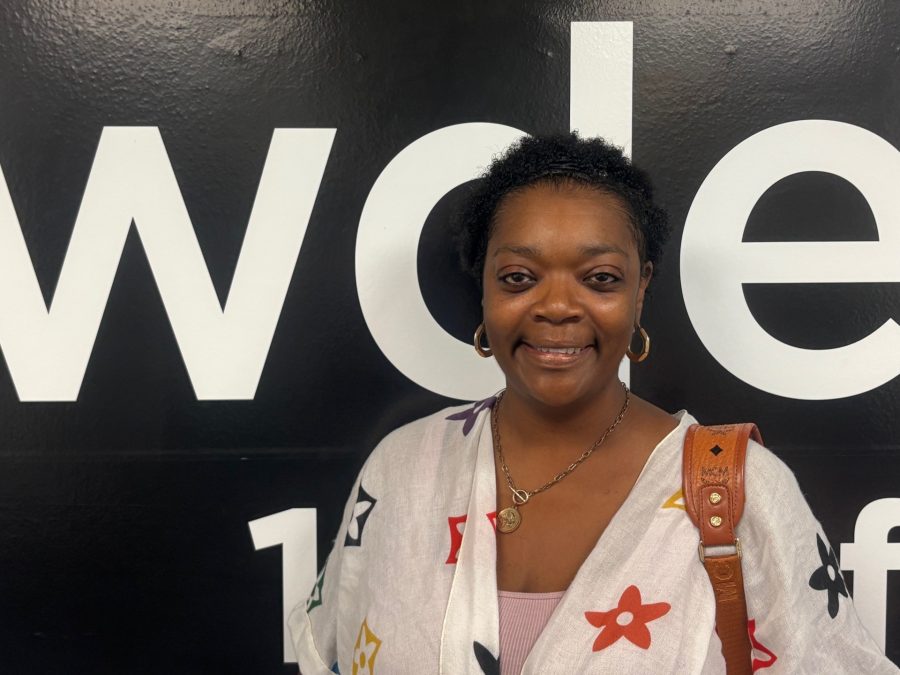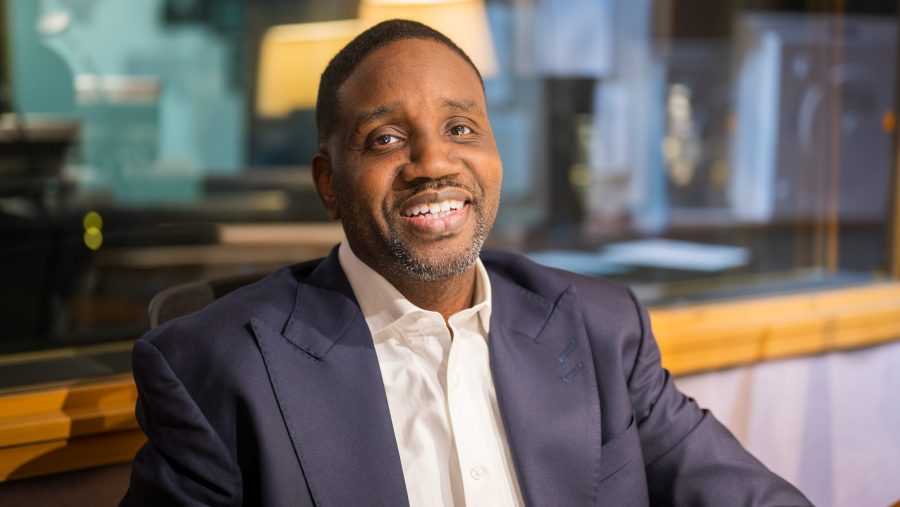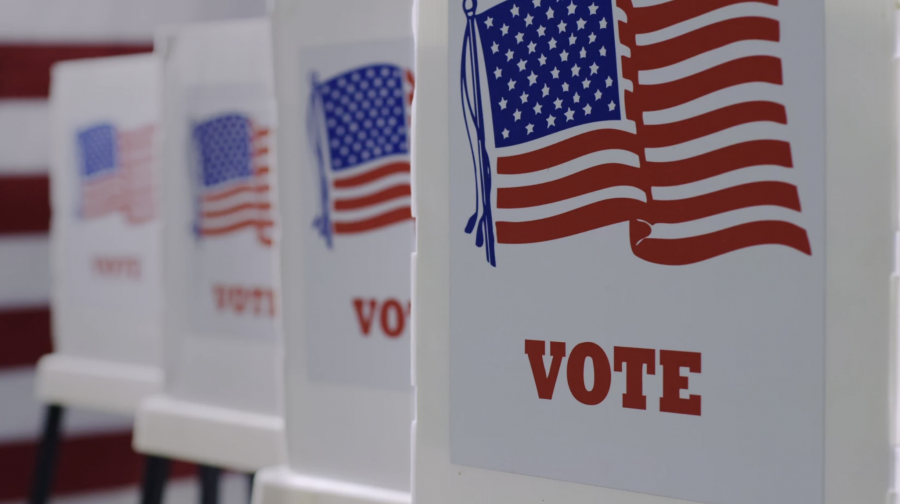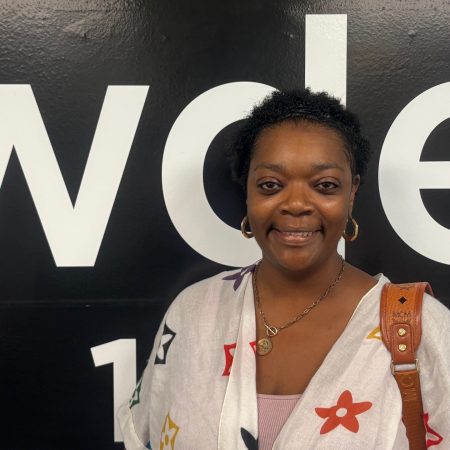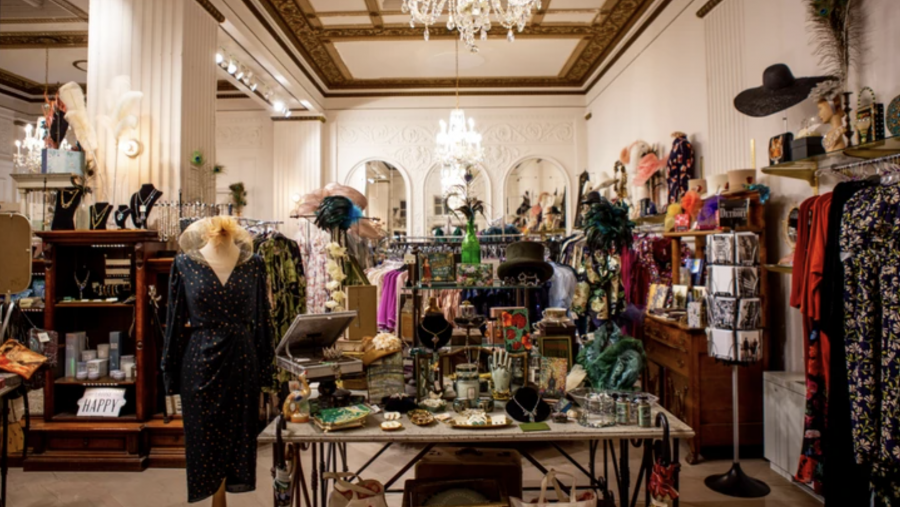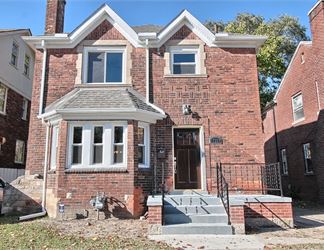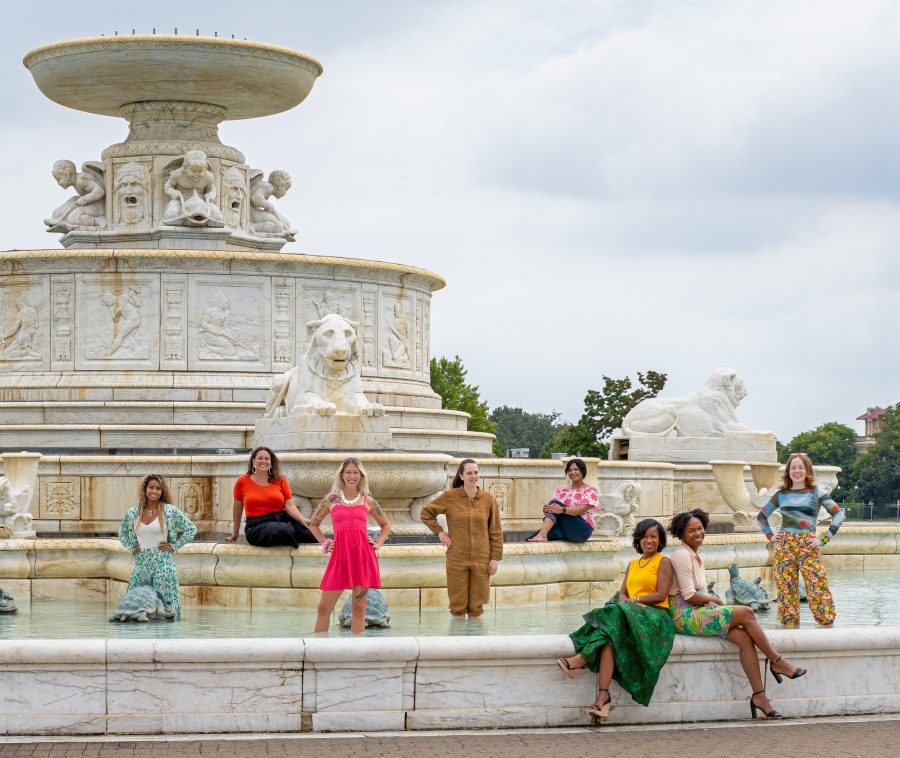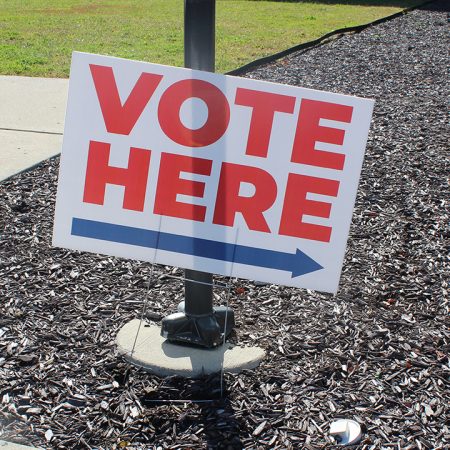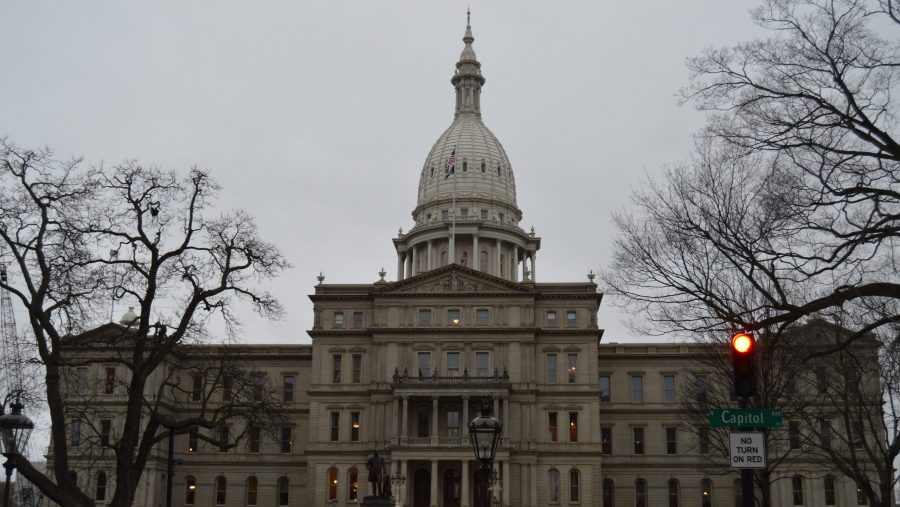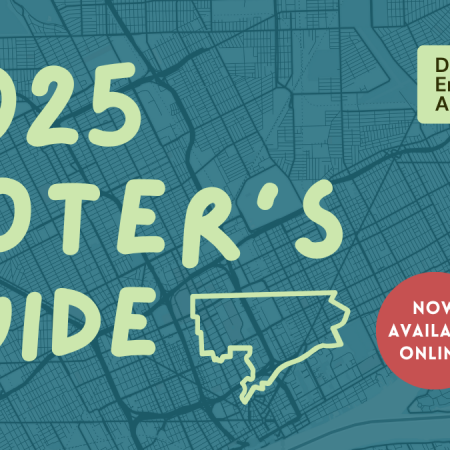Dearborn voters to choose between incumbent Mayor Abdullah Hammoud, challenger Nagi Almudhegi for mayor
On Nov. 4, Dearborn residents will vote for mayor of the city. Current mayor Abdullah Hammoud is running for a second term against political newcomer, independent Nagi Almudhegi.
Dearborn voters elected the city’s first Arab American Muslim mayor, Abdullah Hammoud, in 2021.
“It’s my hope that we’ve demonstrated that we have been able to make progress over these last four years, and we’re running for another term to continue on that progress,” he says.
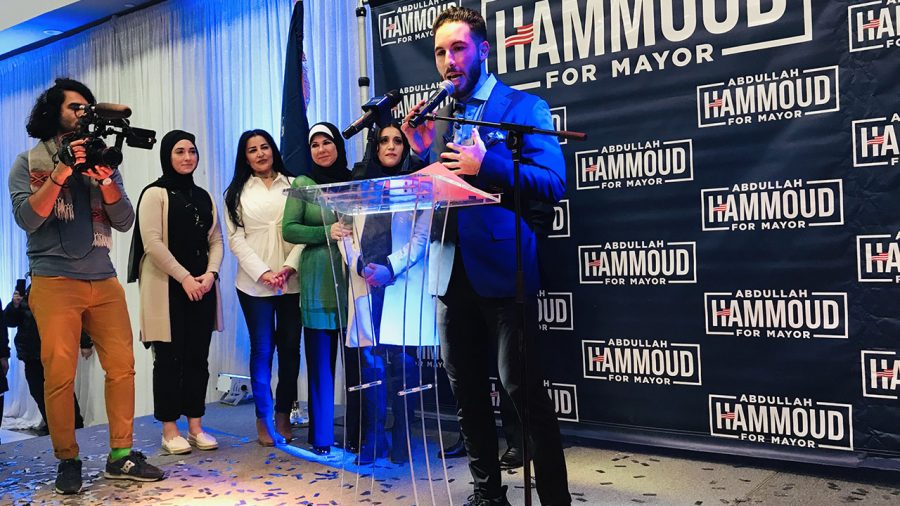
Hammoud says during his nearly four years in office, crime has dropped significantly, and he’s helped bring in $100 million in grants to improve the city.
During his campaign in 2021, he organized volunteers to clean homes devastated by catastrophic floods. He says residents are still concerned about flooding.
“Each and every single time it rains, if it’s a heavy rain event, people are texting anxiously, asking what has been done to help prevent flooding and back up into people’s basements,” he says.
The city has invested $25 million in capturing rainwater in short-term projects, hoping to attract another $400 million for long-term projects.
Machhadie Assi is a community organizer and political strategist. She says flooding caused by poor infrastructure concerns her.
“The Mayor and his team, they’ve been working tirelessly on improving it and developing it. I’m sure we’re not at a point where it’s perfect, but there’s definitely progress,” she shares.
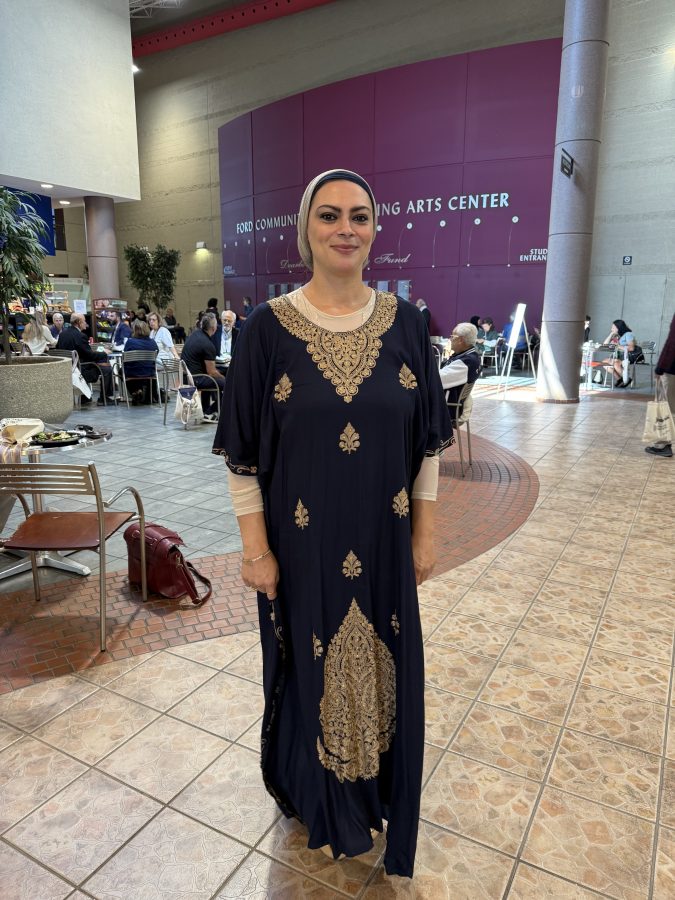
Assi is raising her three kids in Dearborn. She says she’s voting for Hammoud.
“They’ve been always transparent on what they’re doing and what they’re working on and what’s in progress,” she says.
Assi says it’s a way to keep the administration accountable.
Resident Maryam Hoballah says she appreciates Hammoud’s focus on creating more green spaces in the city.
“I have two young kids, and I just love that he’s renovating the parks, and he’s making it a safe environment for kids too,” she says.
Hammoud says building parks and green spaces is a priority for him as a father. He says the city invested $30 million in parks and green spaces.
Back to the basics
Abdulnaser Alnajjar has been living in Dearborn for 17 years. He says the city has shifted away from helping residents with their basic needs.
He says the city needs a new leader, “someone who cares actually to fix their real problem, not just bragging about grants and some parks that I personally don’t care about.”
Alnajjar says the next mayor should focus on different issues like tax increases, garbage collection, traffic, and public safety.
He says the city also feels divided.
“I do a lot of door knocking and the west side, and then they feel like that they’re not welcomed, they’ve been pushed [out] by the city and when you come to the East Side, the East Side, feel like the West Side is getting all the good services, and we just get the leftover[s].”
Alnajjar believes mayoral challenger Nagi Almudhegi brings a fresh perspective to city politics.
A fresh perspective
Nagi Almudhegi has been working as an IT professional for 20 years. He says he’s running for Dearborn mayor as an independent candidate to bring change to the city.
He’s also Arab American.
“These last few years is I see the direction of Dearborn deteriorating. We’re more divided than ever before,” he says.
For example, Almudhegi says more could have been done sooner to resolve the flooding in the city.
“What I would have done exactly within the first six months of getting into office, I would have issued a report,” he says.
If elected, Almudhegi says he wants to build a $1 million internship program for youth.
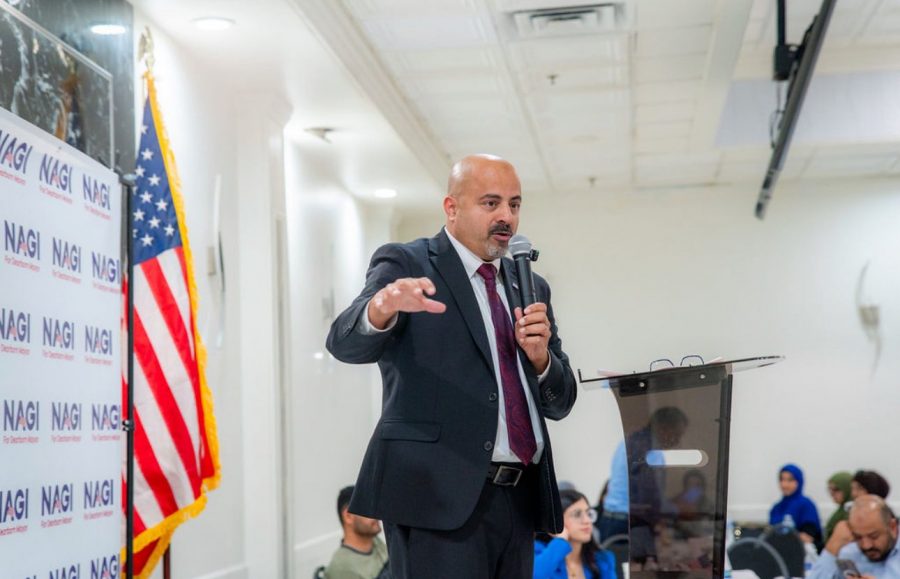
He also wants to attract more businesses.
“I want Dearborn to be known as the entrepreneurial hub and innovation hub of America, and we have the talent to do it,” he says.
Mayor Abdullah Hammoud says the city invested a $25 million federal grant to improve Warren Avenue and launched the Night of Innovation to provide monetary prizes to businesses during a pitch competition.
“We are at over 100 ribbon cuttings this year,” he shares.
Recently, Hammoud has come under fire for telling resident Ted Barham he’s not welcome in Dearborn in response to a comment against a street sign bearing the name of Arab American newspaper publisher Osama Siblani. The sign was put up by Wayne County.
Nagi Almudhegi says he would have handled things differently by staying silent.
“As politicians, we can come up with statements that will try to defuse the situation,” he says.
Hammoud issued a response to the criticism at a city council meeting, saying everyone is welcome.
“Those who call Dearborn home know who we are, a city that welcomes and embraces everyone. It is our hope that one day, the unity you actually find in Dearborn, amongst its residents, is the same unity and coexistence that you see across our entire nation,” he says.
Representation for Arab Americans
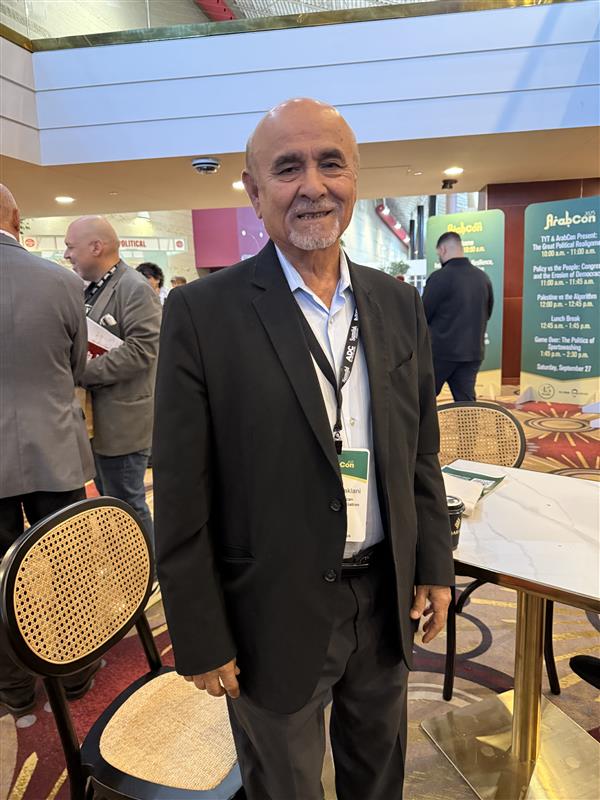
Ali Baleed Almaklani, Executive Director of the Yemen American Benevolent Association, has been living in Dearborn for more than 50 years. He says Dearborn has more Arab American representation in public office than it did prior.
“Listen, long time ago, we didn’t have nobody in the city council. We used to wish to have an Arab American, Muslim American, whatever, to be even in the city council,” he says.
Dearborn residents will have to decide whether they want to give Abdullah Hammoud another four years in office or want a new leader to bring a different viewpoint to the city.
Election day is Tuesday, November 4th.
Trusted, accurate, up-to-date.
WDET strives to make our journalism accessible to everyone. As a public media institution, we maintain our journalistic integrity through independent support from readers like you. If you value WDET as your source of news, music and conversation, please make a gift today.Donate today »
More election coverage
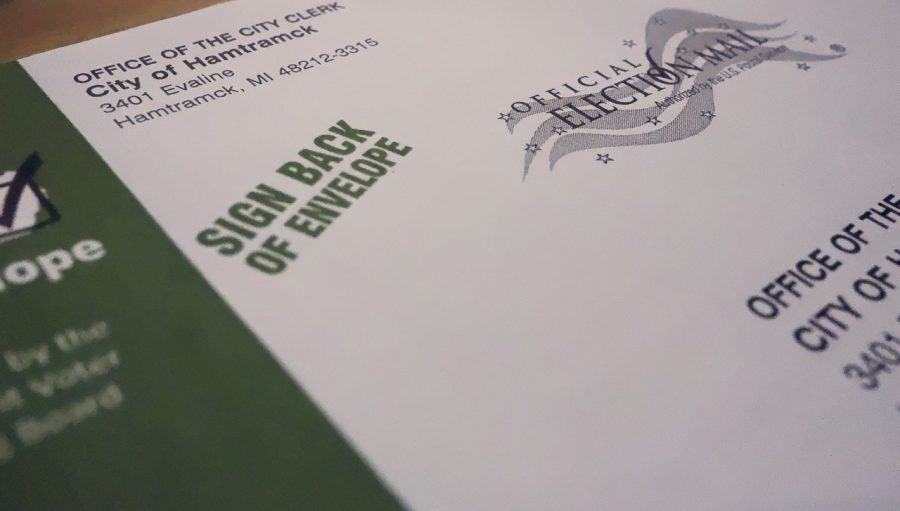
Hamtramck mayoral race remains undecided
Hamtramck City Clerk Rana Faraj says 150 absentee ballots were rejected for not having a signature on the ballot or for ballot signatures that didn’t match city records.
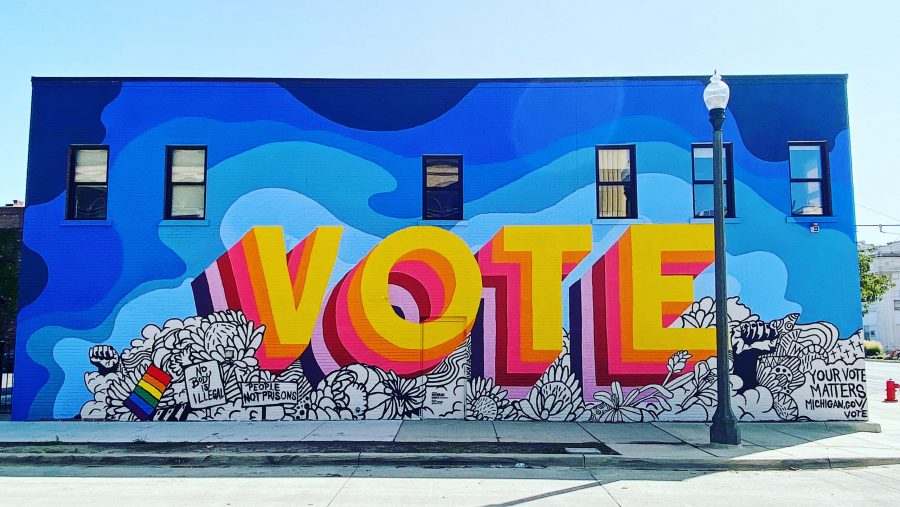
The Metro: What Michigan’s midterm voting signals about access and equity
Audits show Detroit’s polling sites still fall short on accessibility, even as Michigan expands early voting. We explore what disabled voters faced this election — and what must change before the next one.
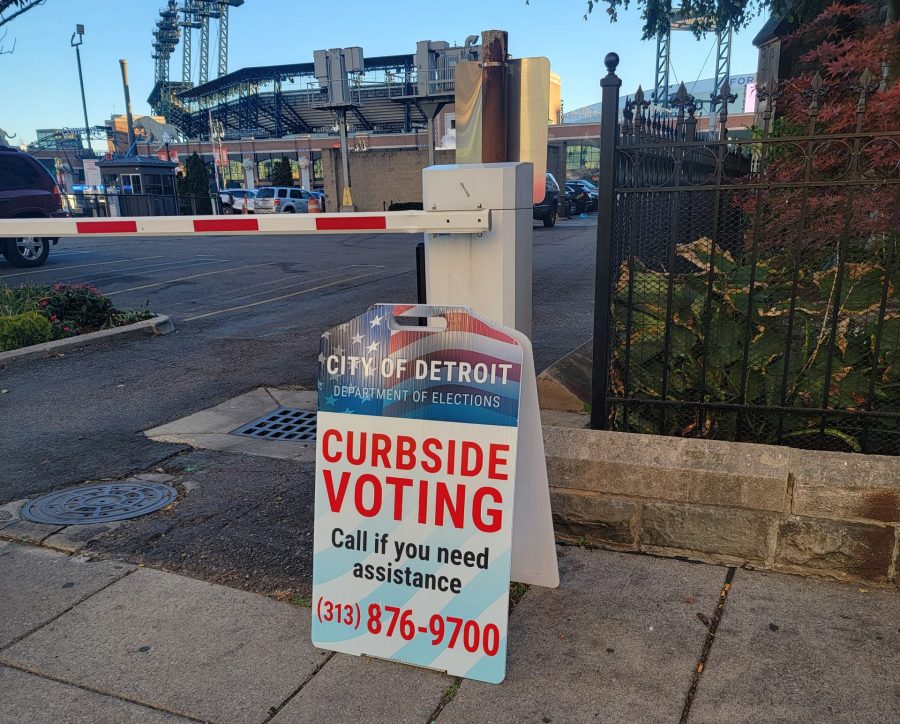
The Metro: A look at turnout efforts in Detroit’s 2025 election
According to the city’s unofficial results, nearly 22,000 more people voted this year than in the 2021 mayoral election.
The post Dearborn voters to choose between incumbent Mayor Abdullah Hammoud, challenger Nagi Almudhegi for mayor appeared first on WDET 101.9 FM.



